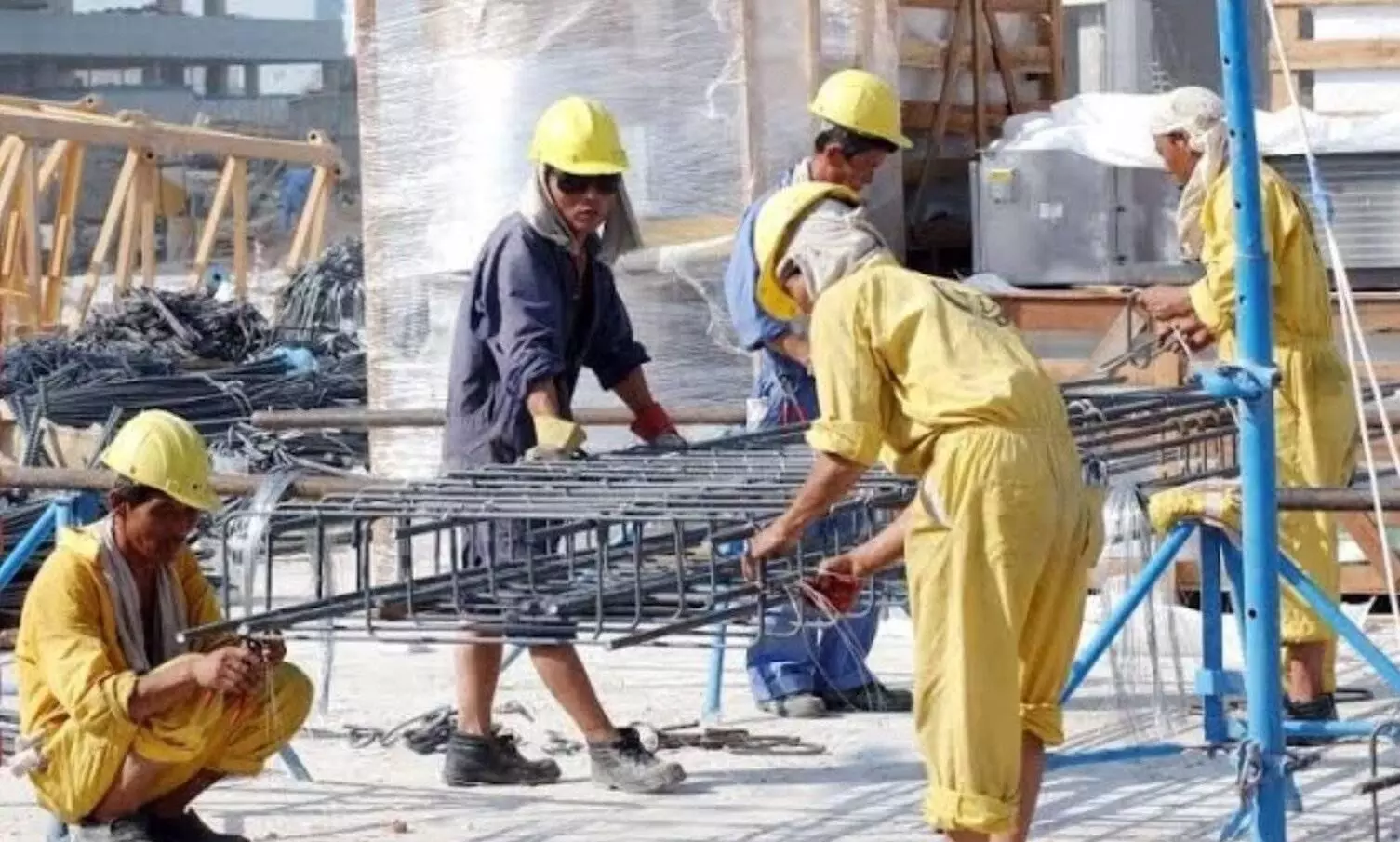
Labour market surveys show rising inequalities- IMF
text_fieldsThe latest Regional Economic Outlook published by International Monetary Fund (IMF) emphasized on rising inequality in Asia and the Pacific region because of the effects of COVID-19 pandemic. The pandemic worsened distributional incomes in Asia along with increased unemployment rate and deteriorated labour force participation performance. IMF recognised the hardest hit on most vulnerable in society.
More job losses are concentrating in industries with lower wages in high-contract sectors and non-tele workable industries. Between December 2019 and last June, Asia's female participation rate declined by 1.3 per cent against 1 per cent for males. The report underlines an aggravating trend of an increasing share of youth in Asia who are not in employment, education or training. Another channel counted by IMF which may increase inequality in the nearby future, is the acceleration in automation and robotization. Even though automation will improve productivity, they assume it to replace routine manual occupations which contributes to widening inequalities in the labour market and social life. In terms of economic growth, higher inequality will create social tensions which will reflect on associating with lower economic activity.
During the pandemic ,countries with broader social safety network, greater fiscal space, low levels of informality and higher digitalisation performed effectively in protecting the vulnerable, while those countries who didn't have these material benefits entered crisis, IMF report observed. Regional Economic Outlook located a multi-speed recovery among Asian countries based on the country's initial conditions before the pandemic, containment measure followed infection rates and effectiveness of policy responses.
IMF acknowledged a better than expected second-quarter outcomes in some major countries because of the faster improvement in activities, after lockdowns were scaled back. However, targeted fiscal spending with a focus on most vulnerable, job oriented and inclusive, is in need until recovery is entrenched.
"Policymakers need to redouble efforts to keep workers connected to the labour force and solvent firms in business while allowing nonviable firms to exit, and facilitating new businesses to emerge and generate new job opportunities, and thus mitigate scarring" IMF analysis stressed upon.





